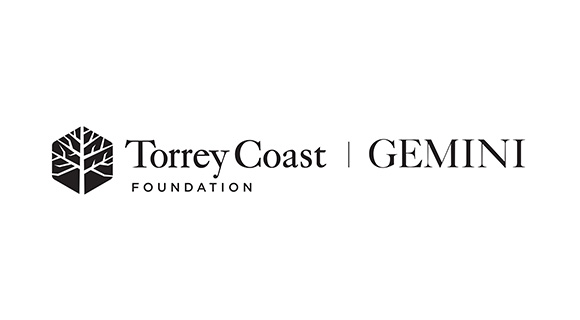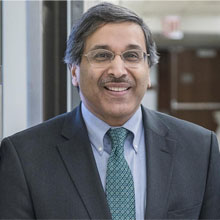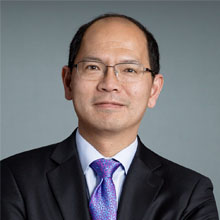The SU2C-Torrey Coast Foundation Gastroesophageal Cancer Dream Team Collective includes three Research Teams focused on bringing new therapies to clinical trials for the treatment of gastroesophageal cancer in diverse populations. This Collective aims to foster new and inclusive cancer research on the causes and treatments of gastroesophageal cancer, mentor a new generation of scientists focused on gastroesophageal cancer research, bring new treatments to the clinic, and provide medical professionals with tools and materials to better advocate for gastroesophageal cancer screening and treatment with their patients. This Research Team is specifically focused on creating novel therapeutic approaches for esophageal squamous cell carcinoma by eliminating an unfavorable metabolic environment for tumor growth.
- Who We Are
Stand Up To Cancer works relentlessly to offer the newest, most effective, and most promising cancer treatments to patients quickly by bringing together the best minds to collaborate, innovate, and share cancer research.
Visit Who We Are - What We Do
Stand Up To Cancer enables scientific breakthroughs by funding collaborative, multidisciplinary, multi-institutional scientific cancer research teams and investigators. Thanks to the support of our dedicated partners and the entertainment community, SU2C is able to bring widespread attention to cancer research and treatments.
Visit What We Do - Clinical Trials
Research is changing the way cancer is being treated. If you’ve been diagnosed with cancer, a clinical trial may offer access to the latest and most promising science, while helping to light the path for future survivors.
Visit Clinical Trials - For Patients & Caregivers
We understand the challenges a diagnosis can bring. Browse through our list of patient and caregiver resources to help you throughout your cancer journey, and learn more about clinical trials.
Visit For Patients & Caregivers - Research
Stand Up To Cancer was created to accelerate groundbreaking cancer research that will get promising new cancer treatments to patients quickly. We won’t stop until every cancer patient is a long-term cancer survivor.
Visit Research - Ways to Give
Donations can be mailed to:
Stand Up To Cancer
P.O. Box 843721
Los Angeles, CA 90084-3721
Visit Ways to Give




